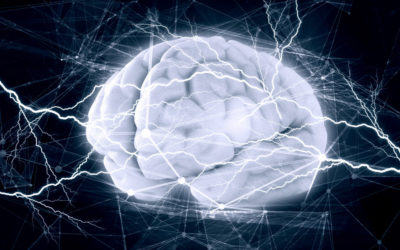Quick Hits
Daily brief research updates from the cognitive sciences

So, scientists have now proven that being “hangry” is real thing. What took them so long?
Well, first of all things which seem intuitively right such as the weather making pain worse have actually been shown to have no correlation. So, things which seem obvious sometimes aren’t true. Secondly there has been plenty pf research into mood and various factors but little done with being hungry and angry in the real world “in the wild” so to speak.
This is measuring this when people go about their normal lives – obviously many other factors contribute to anger and irritability other than hunger.
In these sorts of situations groups of volunteers are monitored with an app and they are prompted randomly to provide answers to questions on their current mood and level of hunger. In this experiment, led by Viren Swami of Anglia Ruskin University, 64 adults were tracked over 21 days with five check-ins per day.
What did they find?
Yes, there was a strong correlation between hunger and anger and irritability. Specifically, 37% of the variance in irritability, 34% of the variance in anger, and 38% of the variance in pleasure was put down to hunger. Interestingly the negative emotions were impacted strongly by day-to-day hunger but also seemingly by residual levels of hunger over the research period.
So, there you have it, for the first time we now know that being “hangry” is a real thing in the real world. Proven●

Andy Habermacher
Andy is author of leading brains Review, Neuroleadership, and multiple other books. He has been intensively involved in writing and research into neuroleadership and is considered one of Europe’s leading experts. He is also a well-known public speaker speaking on the brain and human behaviour.
Andy is also a masters athlete (middle distance running) and competes regularly at international competitions (and holds a few national records in his age category).
Reference
Viren Swami, Samantha Hochstöger, Erik Kargl, Stefan Stieger.
Hangry in the field: An experience sampling study on the impact of hunger on anger, irritability, and affect.
PLOS ONE, 2022; 17 (7): e0269629
DOI: 10.1371/journal.pone.0269629
More Quick Hits
Yes, Fake Smiling Does Improve Your Mood
Can just smiling, even if fake, improve your mood? This has been proven, debunked, re-proven and now re-re-proven…
How Your Brain Decides to Help Others in Danger
In times of crises and danger we may hide and flee as our natural instincts would guide us, or do something else: put ourselves at danger and help others.
Two Types of Willpower
There are two types of will power – and one is much more effective…
Our Brains Seem to Use Quantum Computations
It has been proposed that our brain uses quantum processes but this is hard to prove – until now that is…
Insults Trigger the Equivalent of a Slap to the Face in the Brain
What do insults do to our brain wave patterns, do they degrade over time and how do they compare to compliments?
Even a Short Bout of Exercise Can Boost Brain Growth
Exercise is good for you – we all know that. But can just a single bout of exercise do you and your brain any good?






